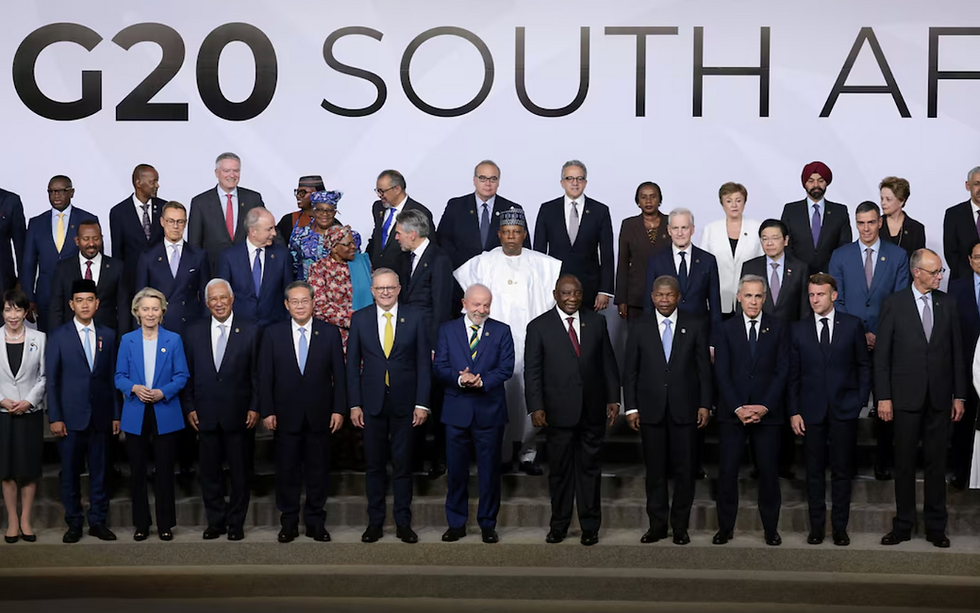Intersectionality & Climate Change
- Zela Maysmith
- Oct 23, 2025
- 2 min read
By Zela Maysmith

Many of us are aware of climate change and its devastating consequences, however, what is often overlooked or in some cases forgotten is the unequal impact that this issue has on communities around the world. Looking at the effects of climate change through an intersectional lens can not only allow us to observe the issues that go unseen, but also to reinforce critical thinking on diverse topics that acknowledge the disadvantages of some in terms of these global issues.
The infamous 2005 disaster Hurricane Katrina showcased this in action; it was a devastating category 5 storm that resulted in over 1000 deaths and over 1 million people displaced in its wake, as well as a storm that was the result of the long-term effects of climate change (World Vision 2024). Climate change took its toll in strengthening this tropical storm, and it did the most damage in areas where racial and economic inequalities led to a large number of people left without a reliable way to evacuate in time or seek shelter when the storm hit. The intersection of race and class inequalities led to large collections of people, often impoverished people of color centered around New Orleans, who were impacted much more severely by the storm and the flooding that followed.
Hurricane Katrina is simply one instance of the many other ways in which communities that are disproportionately disadvantaged are more severely affected by the effects of climate change on a broader scale. According to an analysis from Princeton University, “In total, African Americans are 75% more likely than White people to live in “fence-line” communities (areas near commercial facilities that produce noise, odor, traffic, or emissions that directly affect the population)” (Princeton 2020). Overall, minorities and lower-class communities are more vulnerable to the risks and harmful impacts of climate change largely due to societal imbalances– which is why it is essential to listen, learn, and support causes for positive change in communities worldwide.



